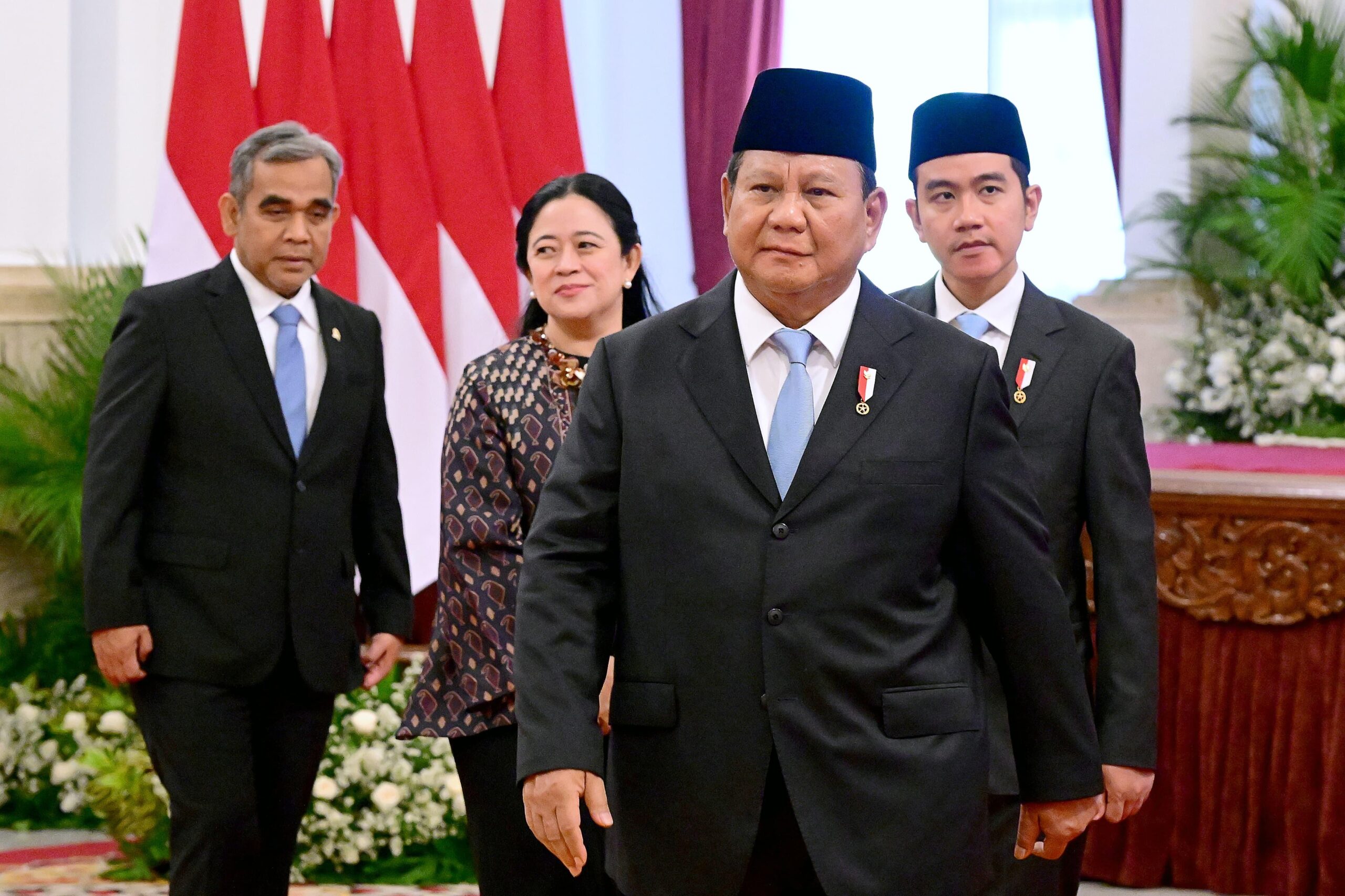Jakarta – The government has issued an important new policy through Government Regulation (PP) Number 47 of 2024. This policy regulates the write-off of non-performing loans for Micro, Small, and Medium Enterprises (MSMEs), aiming to provide assistance to business actors who are no longer able to pay their debts.
Minister of MSMEs, Maman Abdurrahman, explained that the Government will select MSMEs that are truly unable to pay their debts.
“Therefore, not all MSME actors will have their debts written off. Only those who are really beyond help,” stated the Minister of MSMEs.
He added that this debt relief is specifically given to MSMEs in the agriculture, plantation, livestock, fishery, and marine sectors that are experiencing difficulties due to natural disasters or the COVID-19 pandemic.
Moreover, the policy only applies to MSME actors who are customers of state-owned banks (BUMN) or Himbara banks, and have passed the maturity period for approximately 10 years.
“I convey this so that we have the same perception and it’s not widely misinterpreted,” said Maman.
Meanwhile, Researcher at The Indonesian Institute, Putu Rusta Adijaya, reminded that comprehensive and accurate data collection will be key to the success of this policy.
“Careful data collection is key to ensuring that assistance is given to MSMEs that truly need it,” said Putu.
Similarly, Economist from the University of Indonesia, Ninasapti Triaswati, sees this policy as having great potential to reduce poverty rates and increase people’s purchasing power.
“This debt relief can boost purchasing power, especially in sectors that touch the common people,” said Ninasapti.
Ninasapti highlighted that sectors such as agriculture, plantations, livestock, and fisheries will greatly benefit from this policy, given that many MSME actors come from the lower middle economic class. However, she also emphasized the need for honest and transparent implementation.
“This policy must be implemented with high transparency and accountability so that its positive impact can be felt maximally,” she added.
